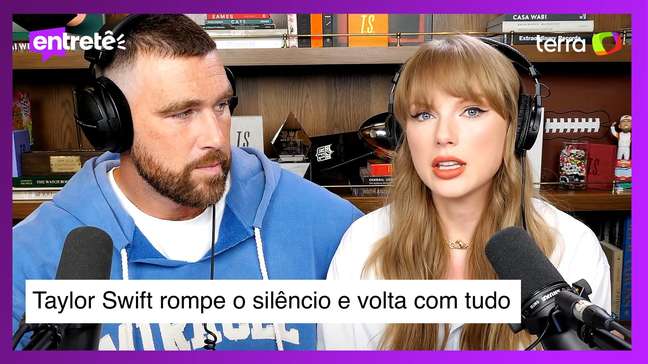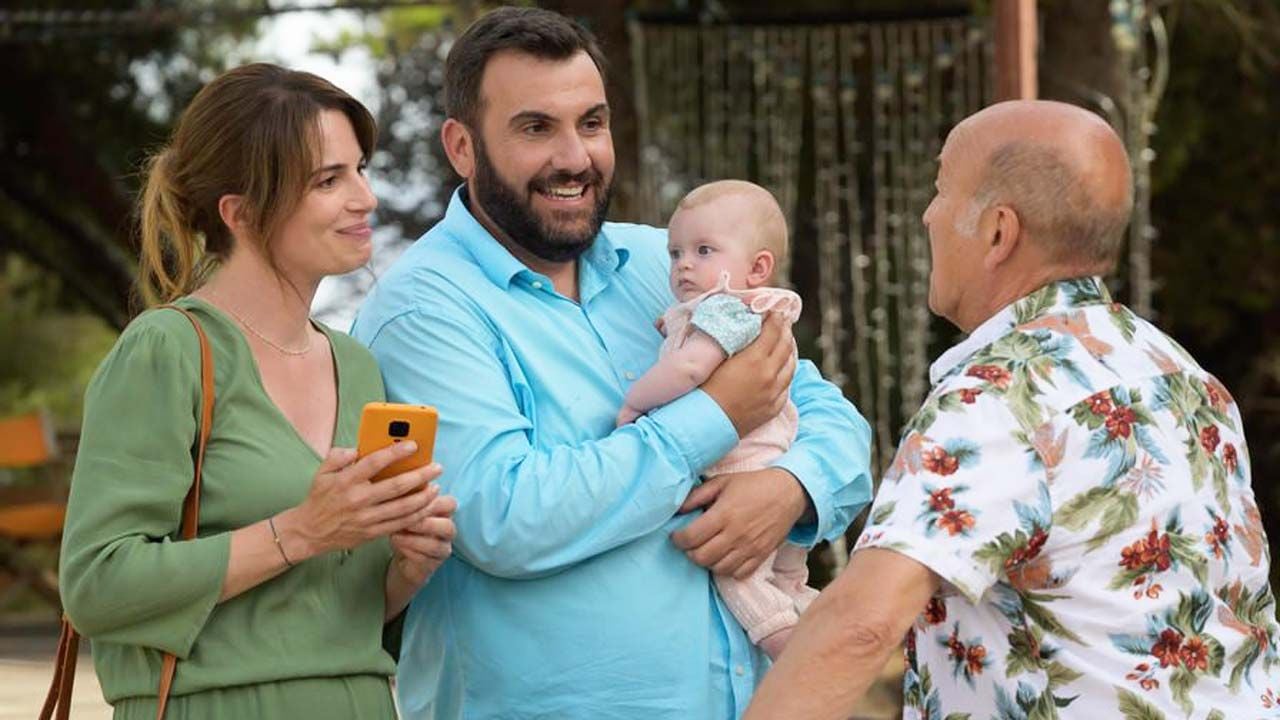On September 14, the city, considered one of the largest music festivals in Brazil, ends with a heavy show. To end the Festival that will host names such as Green Day, Backstreet Boys and Travis Scott, Pop Diva Katy Perry went up on stage with the life tour.
This will be the first of three shows that the singer will make in Brazil this year, bringing the songs of the repertoire of the album 143 recently released and the Deluxe 1432 version, with four extra tracks. For Brazilian fans, in addition to enjoying the show, preparation to sing together can be an excellent opportunity to learn English, even during the interactive moment Choose your adventureWhen the audience votes live to choose two extra songs of the show, taken from previous albums of the singer.
Knn languages experts confirm that learning English with music is one of the most effective ways to store vocabulary, improve pronunciation and acquire confidence in communication. “By understanding the meaning of the texts, the fan creates a deeper connection with the artist’s work, transforming the show into a unique experience,” says Reginaldo, CEO and founder of the network. With Face -to -Face application courses, digital and exclusive, the linguistic school offers resources to train listening, pronunciation and vocabulary up to the date of the show.
The trace 143 and 1432 album bring authentic expressions and grammatical structures of real English, ideal for those who want to expand the vocabulary and better understand the language. Repetitive choirs that facilitate jargon memorization and the typical contractions of language, Katy Perry’s repertoire is a great opportunity to learn English in a fun way.
For beginners, the ideal is to focus on the most repeated choirs, facilitating memorization. Already those who are at the level of intermediate or advanced English can explore metaphors, chestnuts and grammatical buildings present in the songs. In addition to listening to the album, watching the interviews of the artists, participating in forums of international fans and include the language in the daily routine, they are ways to improve learning before the show.
“The secret is to maintain constant contact with the language. Even a few minutes a day make the difference, especially when the study is connected to something that arouses the emotion.” Music and learning have a powerful relationship and when the study joins the passion for an artist, progress is much faster and pleasant “, says Reginaldo da Knn, as he likes to be called the president of the network.
Learn English with five album songs 143 and 1432:
- Life – “I will love you until the end”
Literal translation: “I will love you until the end.”
“Until” is the contracted and informal form of up to. Common in speech and songs to give fluidity and adapt to metric, but in formal English one is used.
- Truth – “My intuition is telling me things is not right”
Literal translation: “My intuition is telling me that things are not right.”
It is not a colloquial form that replaces it is not, it is not, it is not or it is not. Essential to understand the informal texts of English and music, but rarely used in formal contexts.
- Crush – “Taking ‘my happy every time we touch”
Literal translation: “Recovering the breath every time we touch each other.”
Catchin ‘is the spoken form of capture. The expression “captures the breath” means “recovering the breath” (literal or figurative). “Every time” means “every time” and describes the actions that repeat themselves in certain situations.
- All love – “Since you arrived, I am higher than high” / “I was without hope”
Literal translation: “Since you arrived, I’m stronger than the maximum” / “I was out of hope.”
“Higher than above” is hyperbole to emphasize extreme happiness. ‘Hopeless’ combines hope (“hope”) with the suffix -less, which means “without” or “without”, used to form adjectives as without fear (without fear) and infinite (infinite).
- Ok – “But you can launch a low blow / we have to learn to let go”
Literal translation: “But you can get a low blow / we have to learn to let go.”
“Lancia a low blow” is a language to “give a low blow” (literal or figurative). “Gotta” is a contracted form of arriving, which means “must” or “accurate”. It is widely used in informal language and in music with a shorter and more natural sound.
Source: Terra
Earl Johnson is a music writer at Gossipify, known for his in-depth analysis and unique perspective on the industry. A graduate of USC with a degree in Music, he brings years of experience and passion to his writing. He covers the latest releases and trends, always on the lookout for the next big thing in music.






